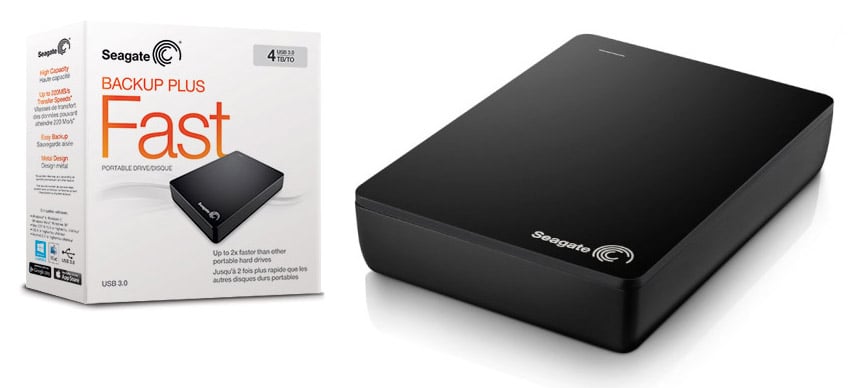

You can choose to leave Process Monitor running in the background while you step away from your computer. To log disk activity and check it later, use Process Monitor - one of the awesome SysInternals tools Windows geeks love so much. Even on Windows 8 and 8.1, the Resource Monitor window provides more detail than the Task Manager. If you’re using Windows 7, you’ll need to click over to the Performance tab and click “Open Resource Monitor.” Click the Disk tab in the Resource Monitor window and you’ll see a list of processes you can arrange by their current disk usage. Windows 7 users don’t have this feature in the task manager.
#Hard disk led always on Pc#
RELATED: Monitoring Your PC with Resource Monitor and Task Manager

You can then search for the name of the process to find out what’s going on. On Windows 8, the new Task Manager shows disk activity, so you can just click the Disk header to sort by current disk activity. To open it, first launch the Task Manager by right-clicking your taskbar and selecting Task Manager or pressing Ctrl+Shift+Escape. File-downloading programs like BitTorrent clients can obviously cause this sort of hard disk activity, too.

#Hard disk led always on update#
For example, if you have Steam open in the background and an update to a game you have installed was just released, Steam will be downloading the update and installing it automatically.
#Hard disk led always on software#
There’s an almost infinite number of possibilities depending on what software you’re using. If you see your computer busy, it’s possible it’s downloading and possibly installing a new update.


 0 kommentar(er)
0 kommentar(er)
